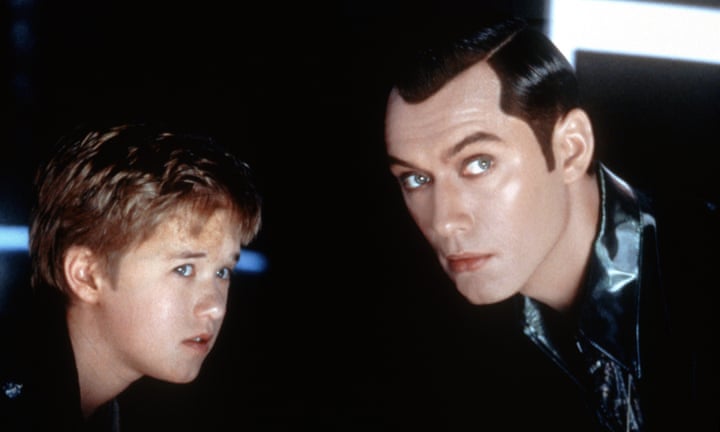There are many people who talk about self-driving, or autonomous, vehicles as if its something that will happen way out in the future. But the more I observe this phenomenon, the more I'm realizing that this technology will be ubiquitous much sooner than many currently claim or are willing to believe.
One area that we see opening up for self-driving vehicles is the law. In a September 30, 2016 article in the Mercury News, State of California Governor Jerry Brown has signed a bill that allows self-driving vehicles, without steering wheels, brake pedals, and accelerators, to be tested on public roads. A human back-up operator is not required, but the vehicle speed must not exceed 35m/h. And who is one party behind this push to get self-driving vehicles tested in a hurry? Yes--Google. In a previous blog post, I wrote about Google's lobbying of the US Government to implement laws that allow self-driving vehicles to be tested on public roads. RW Baird analyst Colin Sebastian made this claim in the Mercury News report,
“Any governmental body endorsing fully autonomous driving or testing of fully autonomous driving is a step in the direction that could be favorable for Google . . . . There’s a lot of debate around whether fully autonomous is the right step in the near term versus that more incremental approach."
But Google's push isn't the only force behind the rapid rise of self-driving vehicles. In a recent article from the Washington Examiner, there is a growing trucker shortage throughout America, according to a report from the American Trucking Association. The report states that with the holiday season approaching, there is already a shortage of over 73,000 long-distance truckers--more than three times the shortage of 2005; and that number could rise to almost 200,000 within the next 8 years. This driver shortage is hitting every industry, not just FedEx and UPS. The report states that the shortage is a result of retirements, low wages, a desire of truckers to stay closer to home and thus avoid long trips, and a real shortage of talent with solid driving records. Given this shortage that threatens to double over the next 8 years, the American Trucking Association is calling for autonomous trucks as a solution to the shortage. The article states the following:
"Autonomous commercial trucks could eventually have a positive impact on the driver shortage," said a report from the group. "Eventually, one could envision an environment when the longer, line-haul portion of truck freight movements are completed by autonomous trucks and local pick-up and delivery routes are completed by drivers."
So not only do we have Google--one of the most powerful companies in the world--lobbying for the lifting of laws that currently ban the testing of these vehicles across the US, but we also have the American Trucking Association calling for autonomous trucks as a significant solution for the challenges of a massive driver shortage.
To me, these are signs that autonomous vehicles will be here before we know it--most likely within the next 3-5 years. That is a massive transportation revolution that will impact everything from roads to transportation to jobs. If you're in the transportation industry, you need to seriously take a look at this phenomenon. You need to realize that your job will be impacted in the next several years. These are very serious warning signs. It might not seem like it, but the transportation industry is in the midst of massive change.





